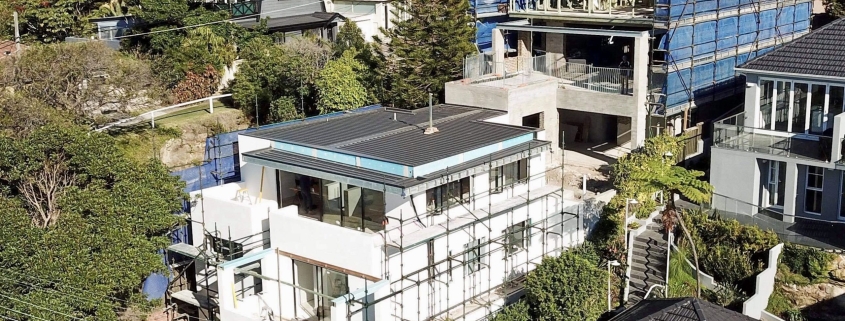What does Variation, PC Sum & PS Sum mean in a building quote?
Building Contracts/Quotes Simplified: What is a Variation Cost, PC Sum and PS Sum?
When obtaining a quote from a residential home builder, you need to understand the language and terms used within the quotation to fully understand what is being priced.
Industry lingo (such as PC Sum, PS Sum, or Variation Cost) can be tricky, therefore educating yourself and having a clear understanding of these will make the whole process feel much less confusing.
You may think, isn’t that what a quote is about, setting out a price and sticking to it? In an ideal world yes, but that is not so easy in the world of construction. There are many variables and through defining the terms PC Sum, PS Sum, and Variation Cost we will explain how you can breakdown these costs and avoid confusion about what it is you have been priced on.
Variation costs
These are costs that occur because of an altering to the original concept/design that your contract covers.
For example, initially you chose the cheaper plain tile for the kitchen because you were being cautious with your budget, but now you realise your budget will allow for the imported natural stone tile that you have fallen in love with.
This alteration of your design brings a variation in the contract which must include the increased cost of the new fancier tiles, and any extra labour associated with the change, due to a more complicated installation.
PC Sum
The PC Sum, or Prime Cost Sum, mostly refers to the costs of fixtures and fittings.
Your house will need taps, doors, handles, flooring etc and if you’ve ever gone shopping for any of these you would have noticed a large difference in their prices.
So, unless your contractor knows exactly which brand, colour, and type of let’s say taps at the time of the quotation/tender, then they can only estimate a cost.
To avoid budget blow-outs here, you need to be as precise as possible. Providing serial/model numbers, and the exact quantities needed of your PC items will allow the contractor to give a more accurate PC Sum in your tender costs.
Usually a full set of architectural plans covers all or most of these items, therefore you can compare apples for apples at tender and you will have a much clearer and firm cost put forward.
PS Sum
It is much harder to be exact in this category. Here, we are referring to work that needs to be done, or materials whose costs cannot be pinpointed at the time of providing a quotation or signing a contract.
There can be larger unforeseen costs hidden in the Provisional Sums (PS Sums).
Your residential construction contractor, AKA your builder, can look at your job and tell you what the average job like yours costs, but until work begins, he can’t be sure.
Perhaps, they start digging to lay pipes, and instead of dirt, they are faced with a large piece of limestone blocking the path. Or maybe, a long-past owner had installed a survival shelter underground. These things can’t reasonably be known until they crop up. So, the contractor can only estimate the costs. Unlike the PC Sums, in which you can minimize budget issues by being precise, the PS Sums cannot be controlled.
However, a clear contingency plan will help minimise the stress of these budget blow-outs.
Understanding your custom home building quote is a necessity if you don’t want to be ill-prepared for the ‘what-ifs’. Knowing how to avoid budget blow-outs, and how to spot which areas have the potential to go over, will give you peace of mind. Any time you can’t understand your quote, or have questions, don’t hesitate ask that way you will have a clear understanding of what it is you are getting.
We believe clear and consistent communication is fundamental, not only to creating a positive experience but to building solid business relationships.
If you have any questions, please contact the team at BIC Construction.
www.bicconstruction.com.au






